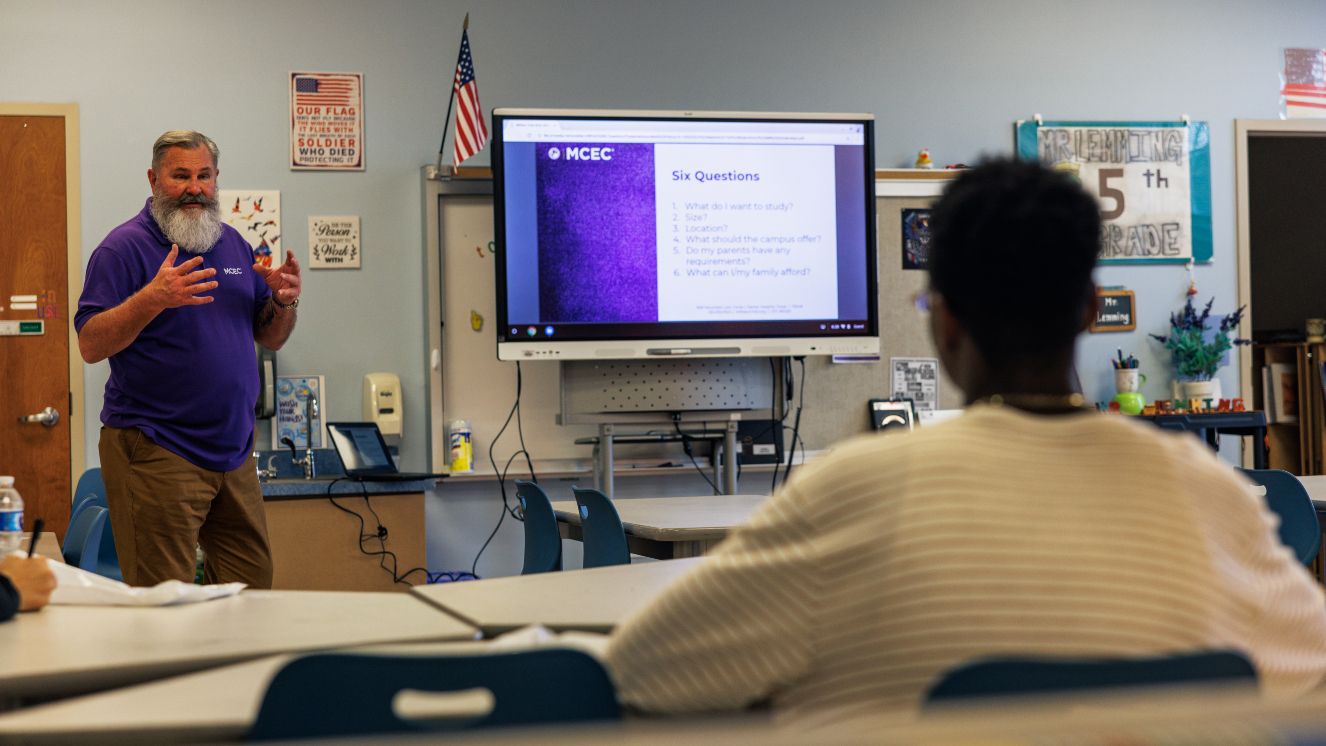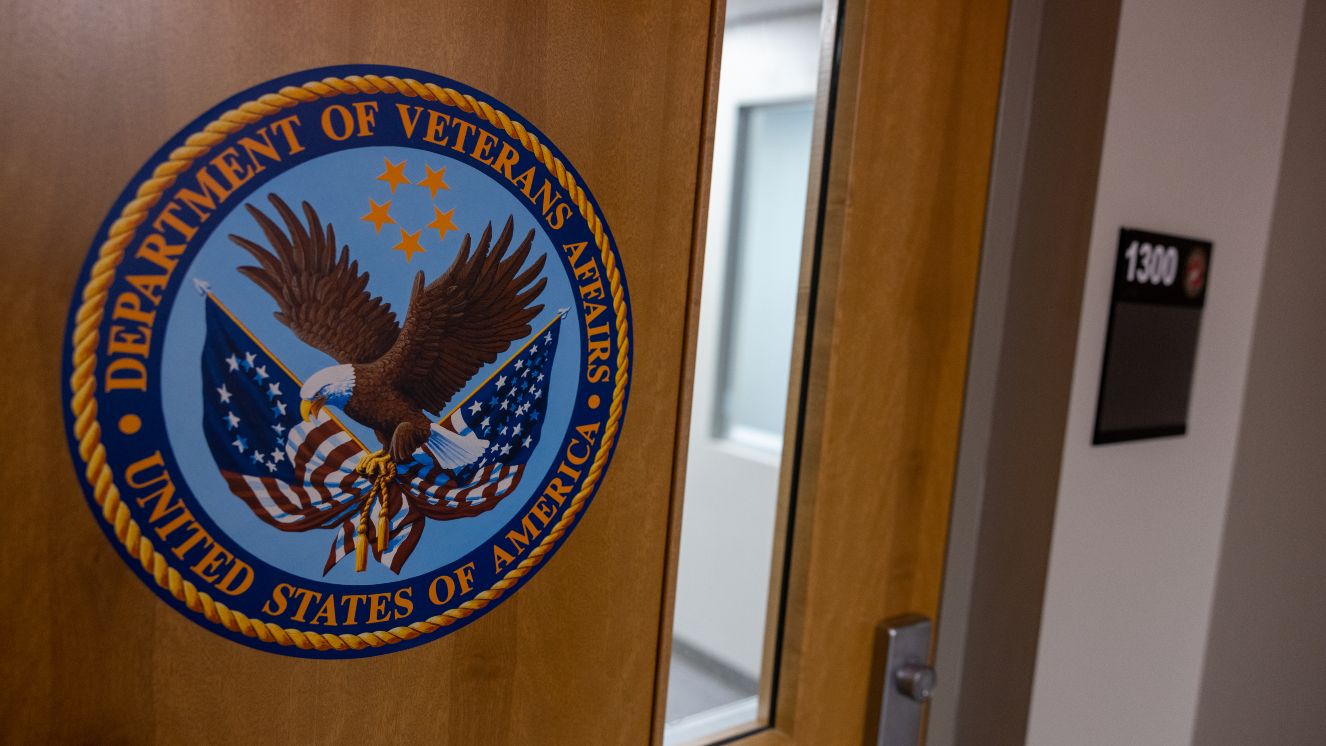MINDFULNESS MEDITATION FOR VETERANS: THE SECRET TO COPING W/ STRESS
COMMENT
SHARE

Introduction
Mindfulness meditation for veterans: actually helpful or a woo-woo idea being peddled to you as a cure all for the stress of life? When you’ve spent any part of your professional career in the military, “calm” isn’t exactly a word you’d use to describe your time in service for most people. In fact, it’s pretty common to feel like you got institutionalized going all the way back to your first day at boot camp. So how can you bring mindfulness into your life? Is it even worth it? When should you meditate and what should that practice look like? Don’t worry, we’ve got you. The good news is you don’t need to meditate for an hour a day or feel like a failure if you can’t fully clear your mind of any thoughts. You can still get all the benefits of meditation with smaller action steps. And no, you don’t have to burn incense or candles while you’re doing it, either.
What is Mindfulness Meditation?
Let’s start off by talking about mindfulness period. What does that mean, anyways? It’s a buzzword that gets thrown around frequently without much explanation into the practicality of it.
According to mindful.org, mindfulness happens when “the mind is fully attending to what’s happening, to what you’re doing, to the space you’re moving through.”
Hang with me on the “space you’re moving through" part, since that sounds a little out there. There’s no doubt that we’re all distracted and have trouble focusing these days. I mean, a pandemic with ever-changing school schedules, work expectations, and restrictions on where you could go only made that worse. Throw in the stress of everyday life, the onslaught of advertising and other stimuli the average person sees during the typical day, and no one we feel like we can’t ever just sit still and be. The root of meditation is similar to the concept of mindfulness, since it’s all about quieting your mind.
Goals of Meditation
The two goals of meditation are: 1. Focus your attention 2. Support a heightened state of awareness Mindfulness meditation is distinct from concentrative meditation is one important way. Concentrative meditation is all about tuning out everything else around you and focusing on one specific thing, like music or your breathing. Mindfulness meditation, however, is about being aware of and in that present moment, so it’s not about tuning out.
Benefits of Mindfulness Meditation for Veterans
There are also specific types of mindful meditation that might be especially helpful for veterans. Mindfulness-based cognitive therapy and mindfulness-based stress reduction are two examples. The benefits of mindful meditation for veterans and others are well-documented. They include:
- Lowering stress
- Decreasing anxiety
- Better physical health
- Increasing attention span
- Appreciating more things “in the moment” in your everyday life
In addition to using meditation as a preventive tool, you can also benefit from it when you’re dealing with a difficult situation in your personal or work life. Boss driving you crazy? Step away for a few minutes of meditation in your car. Even a walking meditation outside can help you cool down and re-center. When you’re transitioning out of service and want more peace in your life or if you’re looking for ways to support yourself in coping with PTSD, mindfulness is a great way to do those. Getting support for your personal goals can increase your chances of success.
5 Mindfulness Mediation Tips for Veterans

1. Start Small
There’s no sense promising yourself that you’ll meditate for an hour every day when you know you don’t have the time or interest for that. You’ll just end up frustrated weeks from now because you’ve meditated a whole zero minutes. This is one situation where it calls for baby steps. I find it hard to sit still and many other people do, too. At first, meditating for three minutes will be hard. That’s okay- aim for two. When you’re just beginning, look for things that will help you start this new habit in a meaningful way. A marathon runner doesn’t mark “Day 1: Run 26.2 miles” on their calendar. They start small and work up (and by the way, it’s okay if you never ramp up from 2-3 minutes of meditation, either.) The first time you meditate, you might feel like you didn’t accomplish anything. That’s typical. Keep at it!

2. Use a Meditation App
If you’re the kind of go-go-go person who is just trying mindful meditation for the first time, it’s going to feel downright impossible to sit down and do it one day. You’ll find all kinds of barriers. Your mind will not quiet down. Instead, it will run something like this:
- Am I even doing this right?
- Am I supposed to sit a certain way?
- Should I think of something…. Or not?
- It’s been three minutes already, right? I should check my phone.
- No, it’s probably only been 30 seconds. Let me refocus here.
- Oh, I really need to add AAA batteries to the grocery list… can’t believe I keep forgetting that.
- What is that sound? Is that normal? Does my house always make that sound and I’ve just never noticed it?
Your brain and body are not practiced yet, so this is normal. Give yourself a little bit of help by using an app like Calm or listening to a podcast. When I first started meditating all these people told me it wasn’t legitimate if I used guided meditation vs. sitting quietly. That was a load of crap, and I still get benefits out of guided mindfulness videos today. Having someone else’s voice guide you helps you stop getting in your own way with a chain of thoughts. Will you still get distracted? Yes. But you’ll also feel more comfortable that you’re doing what you’re supposed to be doing during that moment. Plus, listening to music or an app gives you a clear “done” point so you’re not tempted to open your eyes and check your phone. You can check out a full suite of tools to support your resilience and wellness here

3. Meditate in the Same Space

4. Meditate at the Same Time Each Day

5. Mix it Up if You Need to
Consistency is more important than process here, so if you like the regularity of doing it the same time every single day with the same exact process, go for it. But if you mind yourself getting restless and wanting to see if one type resonates more for you than another, be open to testing things out. For example, you can focus on different things in your awareness each time you meditate like:
- Sit quietly and allow your thoughts to come and go without judgment, noticing only your breath
- Notice sensations in your body like tingling or itching. Go from head to toe.
- Notice tastes, smells, or sounds in your periphery.
- Allow your emotions to ebb and flow throughout the meditation. Accept each of the emotions without any judgment before releasing them.
- Lean into your distractions. This is also called urge surfing, where you notice how you’re feeling and what physical aspects you’re dealing with as emotions enter and exit during the meditation practice.
- Once you’ve been at it for some time, keep a journal nearby to write down any thoughts or aha moments that came up so you can open your practice thinking about those next time.
Over time, you can even cycle through these different ideas to make space for a little bit of everything.
Conclusion
The right way to meditate is your way. Start small, get support or an app if you need it, and stay consistent. You’ll start to see benefits just by sticking with it for a little while. As time goes on, you can decide if you want to change aspects of your practice, like meditating for even longer.
Join the Conversation
BY LAURA BRIGGS
Laura Briggs is a Contributing Writer at VeteranLife.com.
Laura Briggs is a Contributing Writer at VeteranLife.com.



